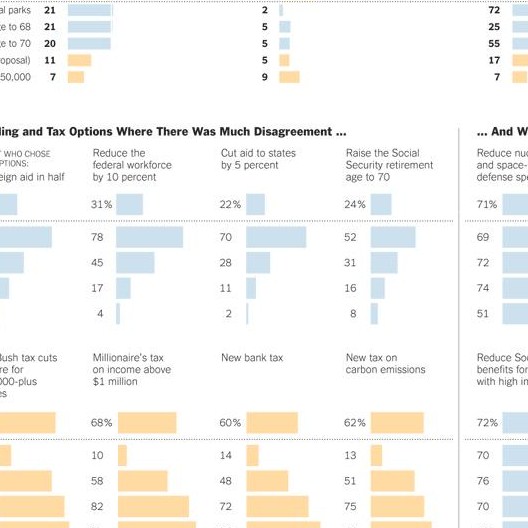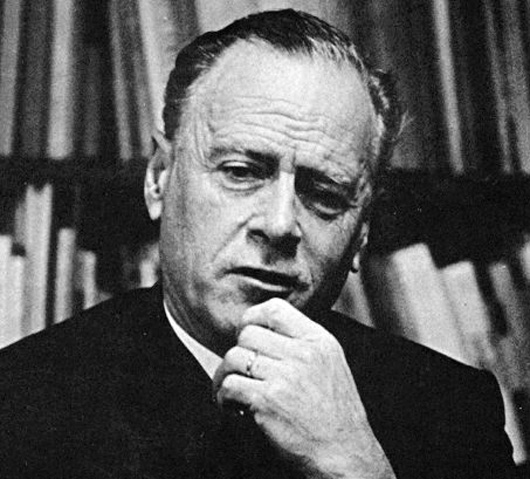Apple “fan” and former employee Michael Tompert created a series of photographs depicting destroyed Apple products. Why do many find these images so striking?
Besides being beautiful deconstructions in themselves, these obliterated Apple products force us to come face to face with our love of sleekly designed magic-like devices. We might feel a tinge of horror seeing something we love so brutally and carelessly destroyed to the point of uselessness. Perhaps we have grown empathetically and intimately attached to these devices, bonding with them by day in our pockets and by night at our bedsides.
Alternatively, and moving from love to hate, perhaps they serve as a sort of catharsis by symbolizing our anger at the spectacle of consumer culture in general, and more specifically, Apple’s own quasi-religious Disney-like image. [a previous post on Apple-as-spectacle in response to the unveiling of the iPad]








